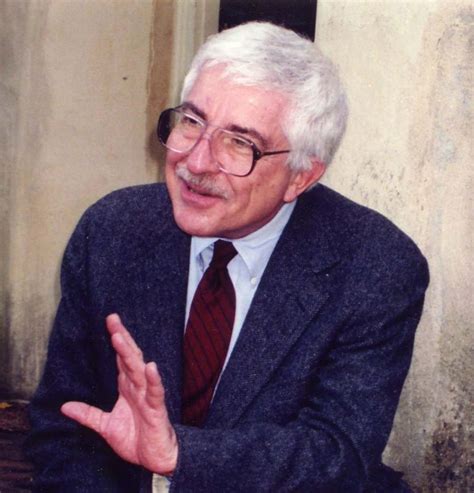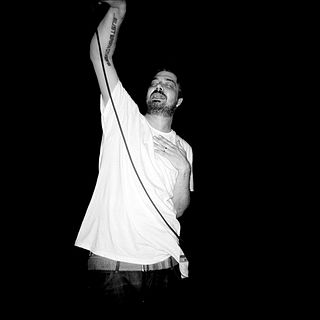A Quote by Stuart J. Russell
A lot of people talk about sometime around 2030, machines will be more powerful than the human brain, in terms of the raw number of computations they can do per second. But that seems completely irrelevant. We don't know how the brain is organized, how it does what it does.
Related Quotes
The brain is the most complicated organ in the universe. We have learned a lot about other human organs. We know how the heart pumps and how the kidney does what it does. To a certain degree, we have read the letters of the human genome. But the brain has 100 billion neurons. Each one of those has about 10,000 connections.
By 2020, most home computers will have the computing power of a human brain. That doesn't mean that they are brains, but it means that in terms of raw processing, they can process bits as fast as a brain can. So the question is, how far behind that is the development of a machine that's as smart as we are?
About the book of Job: If it were today, God might be asking "How does DNA carry traits? How are instincts passed on in animals? How does consciousness arise in the human body and brain, and what is consciousness? What is dark matter? How did the big bang happen? Why does the speed of light appear to be absolute? Is cold fusion possible? How do you program a TV remote control?
In my own life, I found that whenever I wasn't sure what to do next, I would go and learn a lot, read a lot, talk to experts. I don't know how the human brain works, but it's almost magical: when you read enough or talk to enough experts, when you have enough inputs, new ideas start appearing. This seems to happen for a lot of people that I know.
Given that the dreaming brain must perform these remarkable contortions - creating a world, living in it, responding to it, and then carefully blocking all the responses in a manner that does not cross the threshold of awareness - it is no wonder that this dreaming brain seems to be more active than the waking brain.
I thought, you know, I would probably not have seen that. On the other hand, he's obviously completely telling the truth. So, then what is that? That's - I wanted to explore that. And then I wanted to talk about how ideas are born. And the big question that the book asks in a number of ways about a number of things is that. How does a new idea come into the world?
I mean I think that when you've got a big brain, when you find yourself planted in a world with a brain big enough to understand quite a lot of what you see around you, but not everything, you naturally fall to thinking about the deep mysteries. Where do we come from? Where does the world come from? Where does the universe come from?
The task of neural science is to explain behaviour in terms of the activities of the brain. How does the brain marshall its millions of individual nerve cells to produce behaviour, and how are these cells influenced by the environment...? The last frontier of the biological sciences – their ultimate challenge – is to understand the biological basis of consciousness and the mental processes by which we perceive, act, learn, and remember.
We have allowed brain thinking to develop and dominate our lives.
As a consequence, we are at war within ourselves.
The brain desiring things which the body does not want, and the body desiring things which the brain does not allow; the brain giving directions which the body will not follow, and the body giving impulses which the brain cannot


































